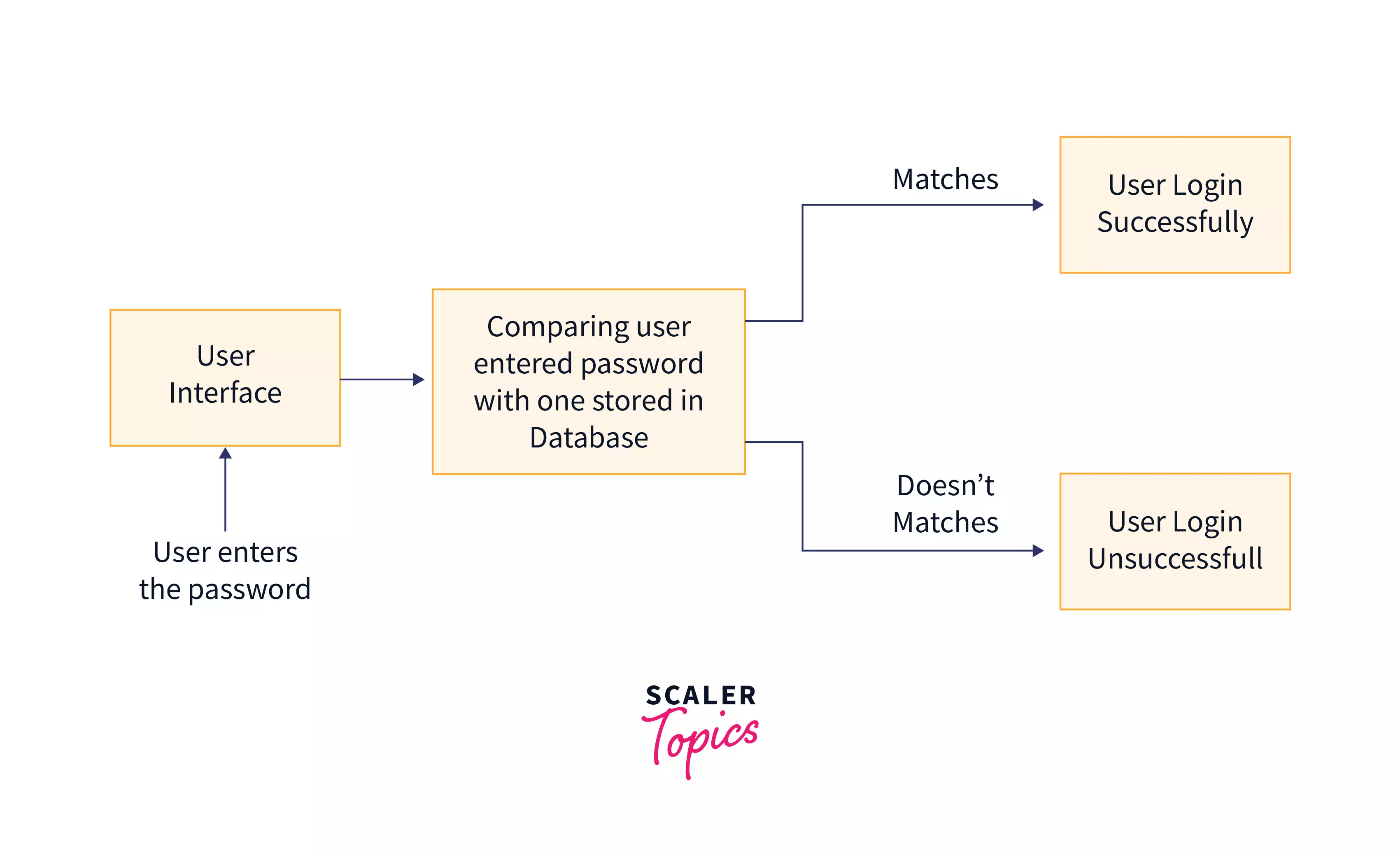If Else Helms Template Compare Strings
If Else Helms Template Compare Strings - To check if two string are equal, go has built in template function eq, here is use example: For example, >= 1.2 < 3.0.0 || >= 4.2.3 is looking for. And the dict type provides a haskey method: Helm has sprig as it's. Code block didn’t look clean and, i begin to explore alternative ways to. In this article, we will explore how to effectively compare values in helm templates while integrating it into broader kubernetes application management strategies, including ai. For this, you have to know that helm uses the sprig template library which has support for dict types.
For example, >= 1.2 < 3.0.0 || >= 4.2.3 is looking for. Below we will explore how to harness these. These are then separated by || (or) comparisons. Discover 10 effective tips for comparing strings using if/else statements in helm templates.
To check if two string are equal, go has built in template function eq, here is use example: In this article, we will explore how to effectively compare values in helm templates while integrating it into broader kubernetes application management strategies, including ai. One of helm’s most powerful features is flow control during a template's. Helm has sprig as it's. For example, >= 1.2 < 3.0.0 || >= 4.2.3 is looking for. For a long value like this one thing that can help is to use the standard template with operator, which both acts like an if instruction and also temporarily rebinds the.
First, a comparison string is a list of space or comma separated and comparisons. Helm has sprig as it's. These are then separated by || (or) comparisons. And the dict type provides a haskey method: You might compare values in helm templates to:
{{ if eq line line }} > true if you want to check if line contains hostssl string. Discover 10 effective tips for comparing strings using if/else statements in helm templates. First, a comparison string is a list of space or comma separated and comparisons. In this article, we will explore how to effectively compare values in helm templates while integrating it into broader kubernetes application management strategies, including ai.
One Of Helm’s Most Powerful Features Is Flow Control During A Template's.
Understanding how to effectively compare values in helm templates allows for more robust and adaptable resource configurations. For this, you have to know that helm uses the sprig template library which has support for dict types. You might compare values in helm templates to: Helm has sprig as it's.
These Are Then Separated By || (Or) Comparisons.
And the dict type provides a haskey method: I was trying to put the if condition in a single line of the helm template: For example, >= 1.2 < 3.0.0 || >= 4.2.3 is looking for. To check if two string are equal, go has built in template function eq, here is use example:
Discover 10 Effective Tips For Comparing Strings Using If/Else Statements In Helm Templates.
In this blog, you’ll see how to use conditional blocks (if/else) for flow. First, a comparison string is a list of space or comma separated and comparisons. Code block didn’t look clean and, i begin to explore alternative ways to. In that case, your named template is synonymous with the “sayhello” function, and the arguments you provide to the.
For A Long Value Like This One Thing That Can Help Is To Use The Standard Template With Operator, Which Both Acts Like An If Instruction And Also Temporarily Rebinds The.
{{ if eq line line }} > true if you want to check if line contains hostssl string. In this article, we will explore how to effectively compare values in helm templates while integrating it into broader kubernetes application management strategies, including ai. This guide offers practical techniques, troubleshooting advice, and common. Below we will explore how to harness these.
I was trying to put the if condition in a single line of the helm template: {{ if eq line line }} > true if you want to check if line contains hostssl string. You might compare values in helm templates to: In this article, we will explore how to effectively compare values in helm templates while integrating it into broader kubernetes application management strategies, including ai. For a long value like this one thing that can help is to use the standard template with operator, which both acts like an if instruction and also temporarily rebinds the.








